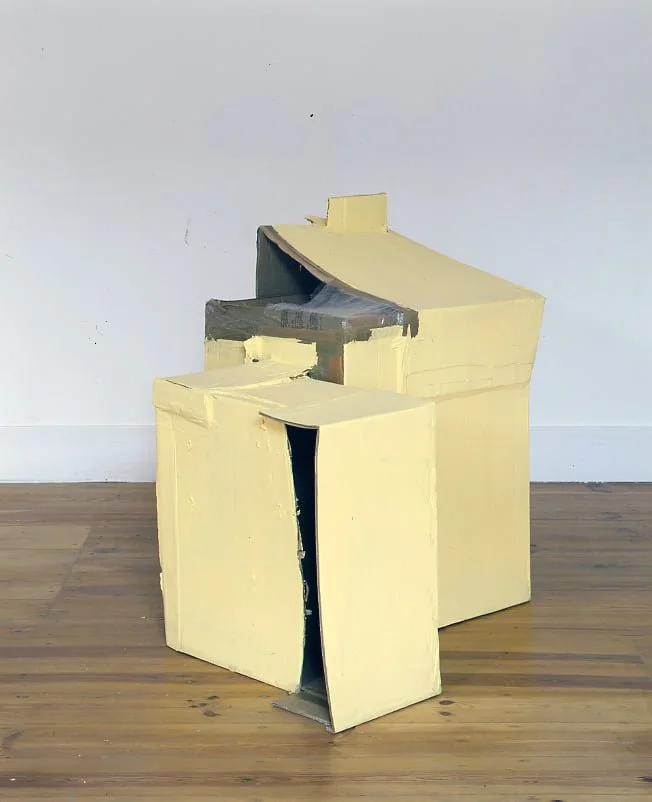Europa Oxalá
Carlos Bunga. “Model #18”, 2004. Courtesy: Galería Elba Benitez.
Mucem +info
Travelling: Calouste Gulbenkian Foundation, Lisbon and Africamuseum, Tervuren, Belgium.
This exhibition presented around 60 works by 21 artists with family backgrounds originating in the former colonies in Africa. Born and raised in a post-colonial context, these are artists who became essential in European contemporary art, proposing a reflection on their inheritance, their memory and their identity.
Their parents and grandparents were born and lived in Angola, Congo, Benin, Guinea, Algeria and Madagascar; from their ancestors they have inherited memories that come to them diffusely from family and friends and which are not just voices, sounds and gestures, but also images and memories of their cultures of origin, starting points for vital investigative work in historical, familial and institutional archives. Their artistic productions feed into an original reflection on racism, the decolonisation of the arts, the status of women in contemporary society, and even the deconstruction of colonial thought.
The innovative and transnational nature of the work of these artists of ‘post-memory’ has profoundly marked the artistic and cultural landscape of the last two decades and the way some of them combine contemporary languages and traditional processes can be seen as an essential contribution to contemporary Europe. Through their works, Europa Oxalá born witness to the creative power of contemporary European cultural diversity, opening up new perspectives on the very notion of Europe.
Curators: António Pinto Ribeiro, Katia Kameli, Aimé Mpane
2022. Lisboa, Portugal.
